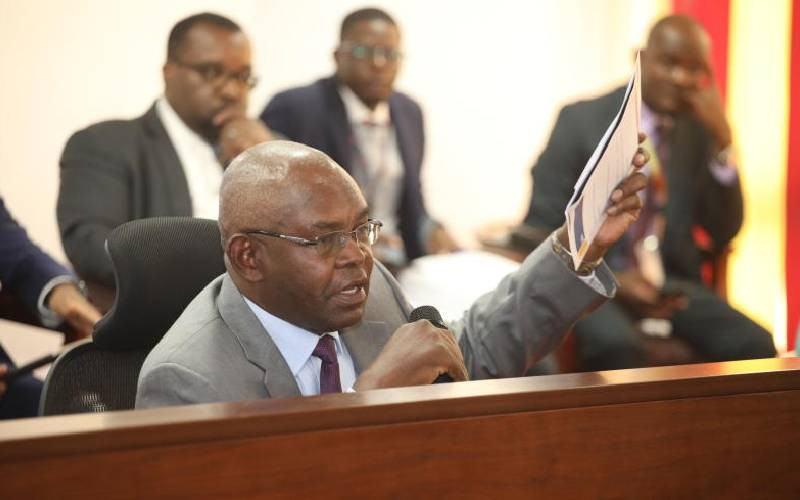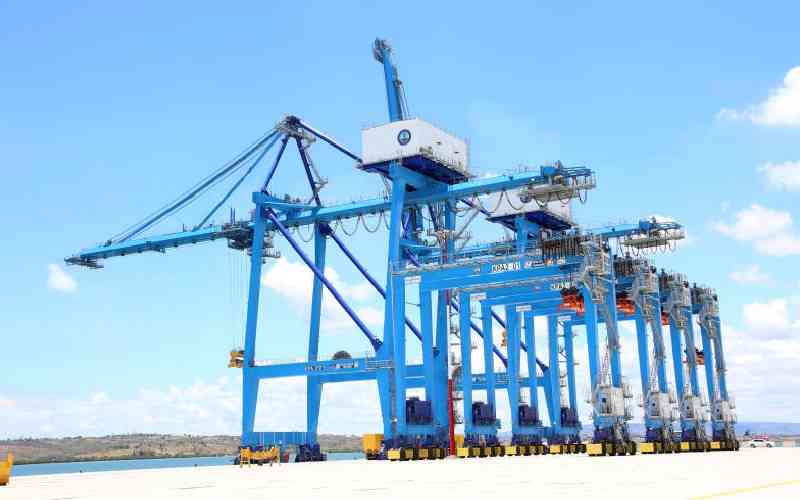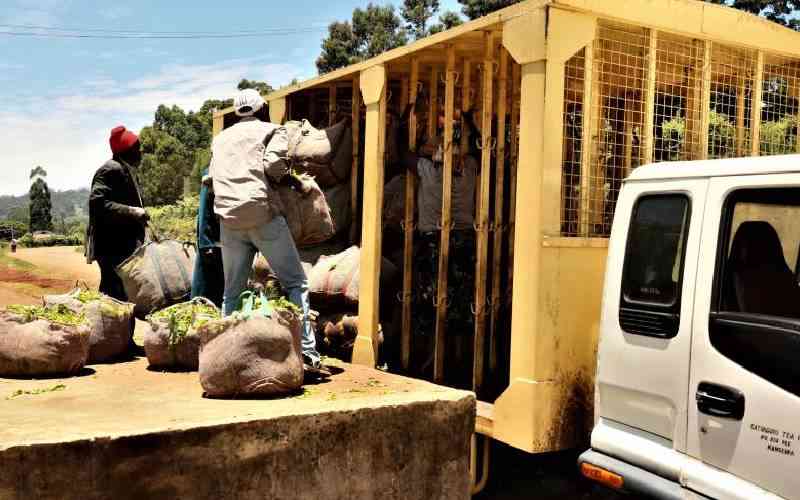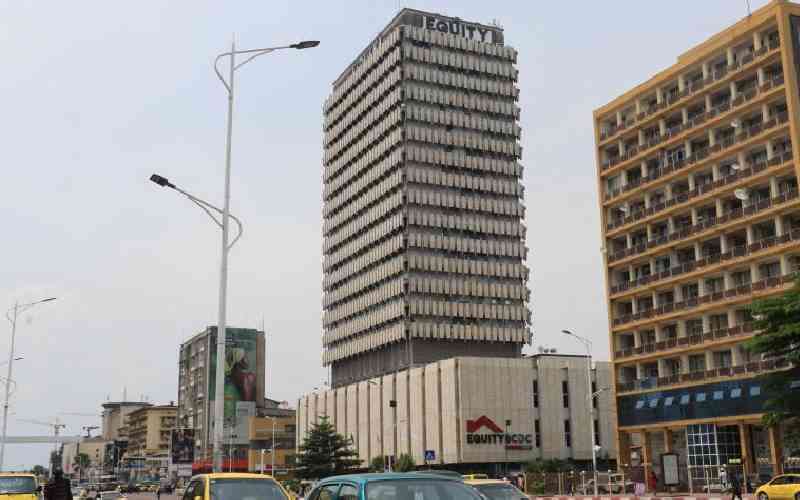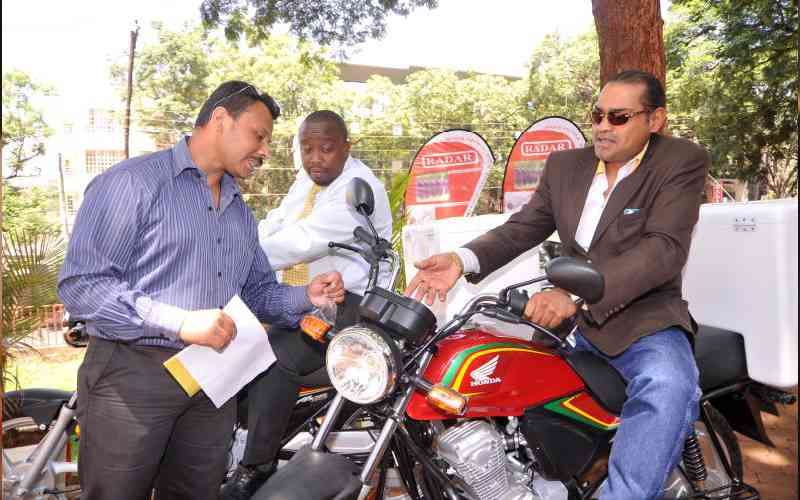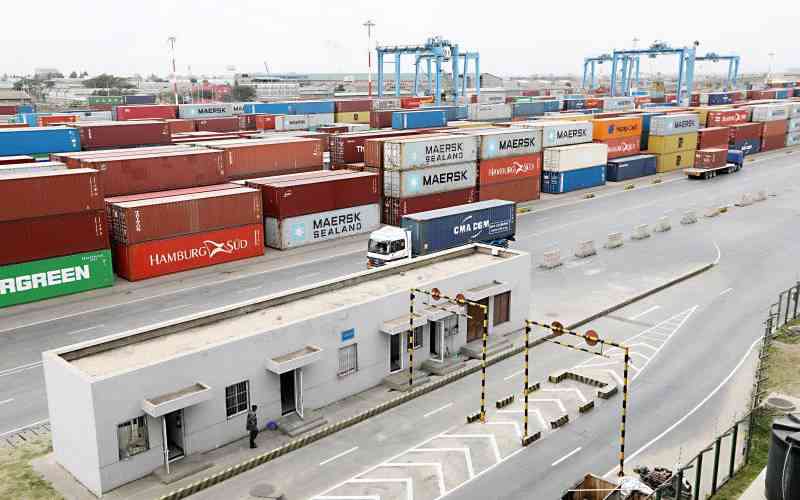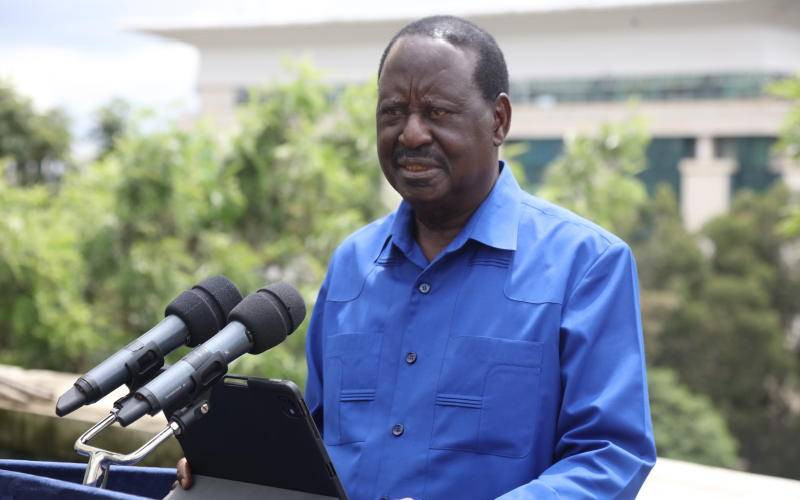
Corruption can behave much like climate change. It spreads at a terrific speed, has ruthless outcomes and sparks endless blame games.
We’ve seen MPs lash out at President William Ruto for exposing their greed. For too long, most legislators have pocketed huge bribes to pass Bills or influence House committee decisions. It isn’t Dr Ruto alone worried. ODM leader Raila Odinga has condemned the rot in critical institutions, including the Judiciary. The former premier says media outlets aren’t blameless either. That journalists expose corruption only after being paid.
In other words, journalists’ motives aren’t driven by integrity or public interest. When Baba speaks, you listen. He poured his heart out at the Devolution Conference in Homa Bay, as I sat in the audience. The claims highlighted a key feedback loop between society and the media. In May, ICT Cabinet Secretary William Kabogo gave a more horrifying feedback during a summit of the Media Council of Kenya (MCK) in Nairobi. He claimed, without a tinge of evidence, that stinging newspaper headlines are crafted elsewhere then sent to editors to publish.
Indeed, the media industry isn’t immune to mistakes. However, the extent of corruption in newsrooms is nothing to write home about in a country where journalists are among the poorest professionals. In fact, no one has ever become wealthy solely through journalism, and anyone who wishes to challenge me on this assertion should come forward.
Leaders have the right to hold the Fourth Estate to account. Yes, biases, sensationalism and even VAT (a code name for inducements) exist. But the big question is: Paid by who? That’s what Mr Odinga’s concerns should help us answer. Such occasional jibes lead to valuable reflections.
Here the climate analogy is instructive. The political class, not the media, is the likely black pot. Politicians hold direct power, just as industrialised nations have historically produced the bulk of carbon emissions. Their decisions carry wide-reaching consequences.
By contrast, media’s influence is often reactive or secondary just like developing nations whose emissions are small, but who still suffer the effects. Mostly, politicians blaming the ‘corrupt’ media is akin to industrialised nations indicting developing countries for global warming.
Both are deflections. The bigger player carries the greater responsibility yet shifts blame onto the smaller one. The same way developing countries must act on emissions, politicians and the media must be held accountable. Still, the lion’s share of responsibility lies with those who wield political power. Let’s be careful not to distract from where the heaviest responsibility lies.
Beyond the corruption debate, however, what would worry me more is media capture which I believe isn’t happening in Kenya. This occurs when State or political actors permanently dominate news outlets to skew coverage, like what we see in North Korea.
While I agree with Mr Odinga on need for accountability, it would be far more useful to identify misconduct as they occur and demand investigations. The Media Complaints Commission may want to reach out to Baba. Independent journalism must be protected at all costs.
However much ‘corrupt’ the media may be, what would happen if they stopped unearthing graft? Thieves would be emboldened. Meanwhile, trust in journalism must be built. A recent survey on trust shows a drop from 42 per cent in 2022 to 39 per cent. If Wanjiku loses faith in the mainstream outlets due to blanket discrediting of media content, she will be vulnerable to misinformation. Equally, it is unhelpful to paint all journalists with one brush.
One point to note. The debate about media’s performance cannot end without reminding newsrooms to inform Kenyans honestly and responsibly no matter their ownership, commercial interests or political affiliation. It’s called professionalism. But agreeably, Mr Odinga, a known respecter of media freedom, meant well. Him and friends of the media should continue offering feedback, especially if it will help slay the graft animal. Living in a land of 10 billionaires and ten million poor people is an unpleasant reality.
The writer is a communications practitioner. X: @markoloo

